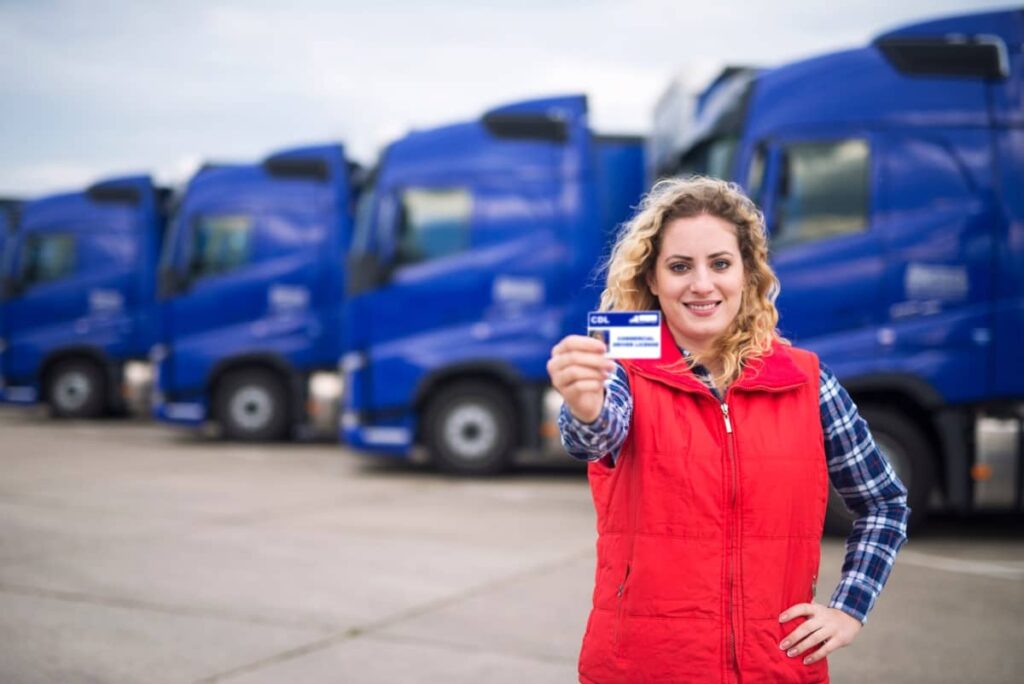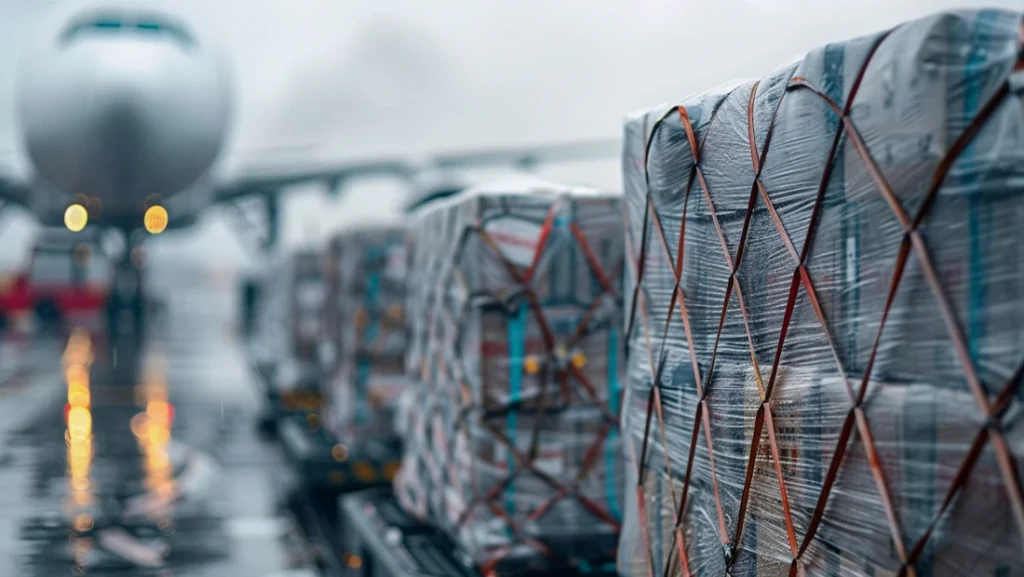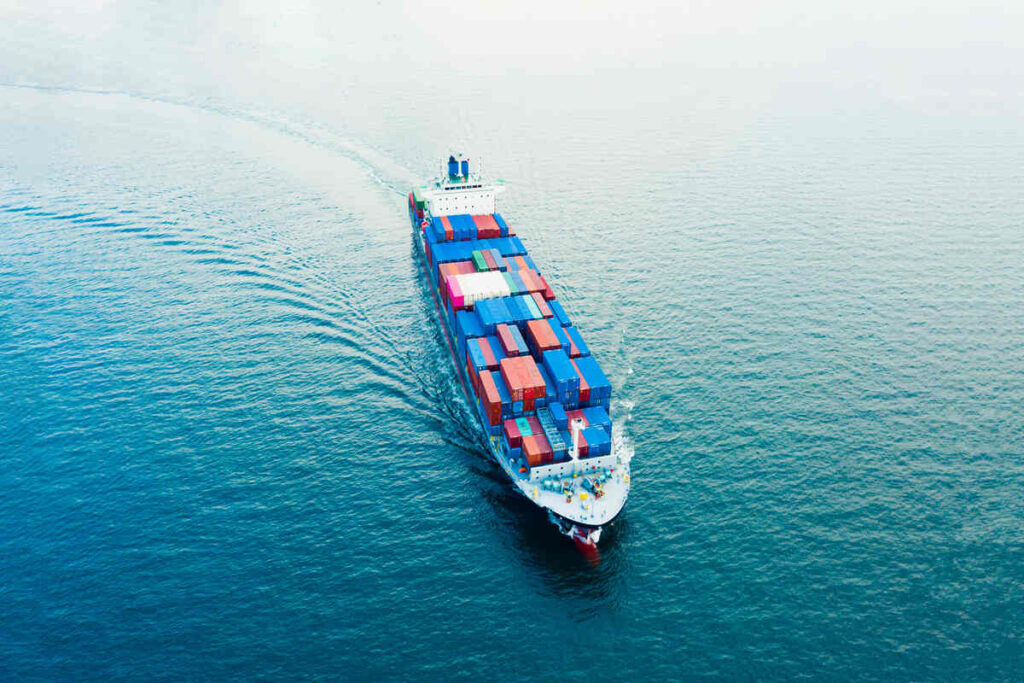- By Della tj
- October 21, 2025
- Customs Brokerage, Shipping
Table of Contents
Businesses trading between China and Belgium face a common challenge: clearing customs efficiently without unnecessary delays or penalties. Achieving reliable customs clearance from China to Belgium ensures your goods move seamlessly through ports, saving time and costs while maintaining compliance with EU import laws.
Why Reliable Customs Clearance Matters for China–Belgium Trade
Trade between China and Belgium continues to grow rapidly, particularly in electronics, textiles, and machinery. However, the complexity of customs regulations often delays deliveries. Reliable customs clearance guarantees that shipments pass through inspection swiftly, helping importers avoid storage fees and market disruptions.
| Factor | Impact on Trade |
|---|---|
| Timely Clearance | Prevents stock shortages and customer dissatisfaction |
| Document Accuracy | Reduces inspection and penalties |
| Reliable Agents | Builds trust with Belgian customs officials |
Moreover, Belgium’s location—home to ports like Antwerp and Zeebrugge—makes it a crucial logistics hub connecting China to the European market.
How Does the Customs Clearance Process Work?
The customs clearance process involves several key steps, from documentation submission to goods release. To illustrate:
| Step | Process | Time Frame |
|---|---|---|
| 1 | Submit documents (invoice, packing list, bill of lading) | 1 day |
| 2 | Customs review and HS code classification | 1–2 days |
| 3 | Payment of duties and VAT | 1 day |
| 4 | Final inspection and release | 1 day |
Typically, reliable customs clearance takes 2–4 working days if all paperwork is correct. However, express services can shorten this to 24 hours for air shipments.
What Documents Are Required for Smooth Customs Processing?
Accurate documentation remains the backbone of efficient clearance. Missing or mismatched details can trigger customs holds. Below is a quick checklist:
| Document | Purpose |
|---|---|
| Commercial Invoice | Proof of sale and declared value |
| Packing List | Item details for verification |
| Bill of Lading or Air Waybill | Shipping proof |
| Certificate of Origin | Determines duty eligibility |
| Import License | Required for controlled goods |
| Customs Declaration | Legal import statement |
Additionally, electronic submissions via Belgium’s PLDA (PaperLess Douane et Accises) system streamline approval, reducing manual errors and delays.

How Much Does Reliable Customs Clearance Cost from China to Belgium?
Pricing depends on shipment mode, cargo value, and brokerage type. Reliable agents offer transparent rates, avoiding hidden charges.
| Service Type | Average Cost (EUR) | Clearance Time |
|---|---|---|
| Standard Clearance | €80–€120 | 2–3 business days |
| Express Clearance | €120–€180 | 1 business day |
| Full-Service Brokerage | €150–€250 | Same-day possible |
Additionally, import duties and VAT apply. Belgium’s standard VAT rate is 21%, and duties vary by HS code.
Case Studies: Successful Reliable Customs Clearance Operations
Case 1: Medical Equipment – Shanghai to Antwerp
Cargo Type: 5 pallets of diagnostic devices
Transport Mode: Air freight
Total Cost: €2,500 (including customs)
Duration: 4 days total
Outcome: Cleared in 18 hours via express service, preventing stock delays for hospitals.
Case 2: Industrial Parts – Ningbo to Ghent
Cargo Type: 1×40’ HQ container (steel components)
Mode: Sea freight
Total Cost: €4,000 (including duties)
Duration: 38 days (sea + clearance)
Outcome: Early release ensured assembly schedule stayed on track.
What Factors Affect Customs Clearance Time and Reliability?
Several elements can influence clearance speed:
- Type of Goods – Hazardous or restricted items undergo extra checks.
- Documentation Accuracy – Errors trigger re-inspection.
- Seasonal Volume – Peak seasons cause longer queues at ports.
- Transport Mode – Air freight is fastest, followed by rail, then sea.
- Broker Expertise – Experienced agents navigate EU systems efficiently.
| Transport Mode | Transit Time (China → Belgium) | Clearance Speed |
|---|---|---|
| Air Freight | 3–7 days | Fastest |
| Rail Freight | 14–18 days | Medium |
| Sea Freight | 30–40 days | Slowest |
Thus, choosing the right combination of transport and clearance method ensures reliable, timely results.
Common Problems and Their Solutions in Customs Clearance
| Problem | Cause | Solution |
|---|---|---|
| HS Code Errors | Misclassification | Consult licensed brokers before shipping |
| Valuation Discrepancies | Incorrect invoice | Use accurate CIF-based valuation |
| Random Inspections | High-risk items | Maintain clean compliance history |
| Delayed Payment | VAT or duty issues | Prepay taxes through agent services |
Additionally, using bonded warehouses can prevent storage penalties while awaiting customs approval.
Why Choose a Professional Customs Broker for China–Belgium Trade?
Partnering with professionals ensures reliable, compliant, and cost-efficient customs processing. They handle communication with customs, submit digital declarations, and monitor your cargo in real time.
| Benefit | Description |
|---|---|
| Compliance Expertise | Keeps you aligned with EU import rules |
| Cost Efficiency | Minimizes penalties and demurrage |
| End-to-End Handling | From shipment to delivery |
| Real-Time Updates | Transparency at every stage |
Professional brokers also maintain relationships with customs officers, ensuring smoother approvals for repeat shipments.
Conclusion
In conclusion, ensuring reliable customs clearance from China to Belgium is crucial for maintaining smooth logistics, reducing costs, and achieving consistent delivery performance. Proper documentation, experienced agents, and digital processes minimize risk and ensure efficiency. Whether shipping by air, sea, or rail, a trusted partner will keep your supply chain compliant and competitive across Europe.
Request a Quote
Need a tailored solution for your shipping from China?
Let TJ China Freight Forwarder assist you with reliable, cost-effective service.
FAQ:
Q1.How long does reliable customs clearance take from China to Belgium?
Typically, it takes 2–4 business days, though air shipments may clear within 24 hours if documents are pre-approved.
Q2.What is the main advantage of hiring a customs broker?
A broker ensures all import documents comply with EU regulations, preventing delays and guaranteeing faster customs clearance.
Q3.Are there import duties for goods from China to Belgium?
Yes, all goods are subject to EU customs tariffs and 21% VAT based on declared CIF value.
Q4.What documents are required for smooth customs clearance?
Essential papers include invoices, packing lists, bills of lading, and certificates of origin for correct duty calculation.
Q5.How can I speed up customs clearance?
Use accurate HS codes, submit digital declarations early, and collaborate with experienced customs brokers.




